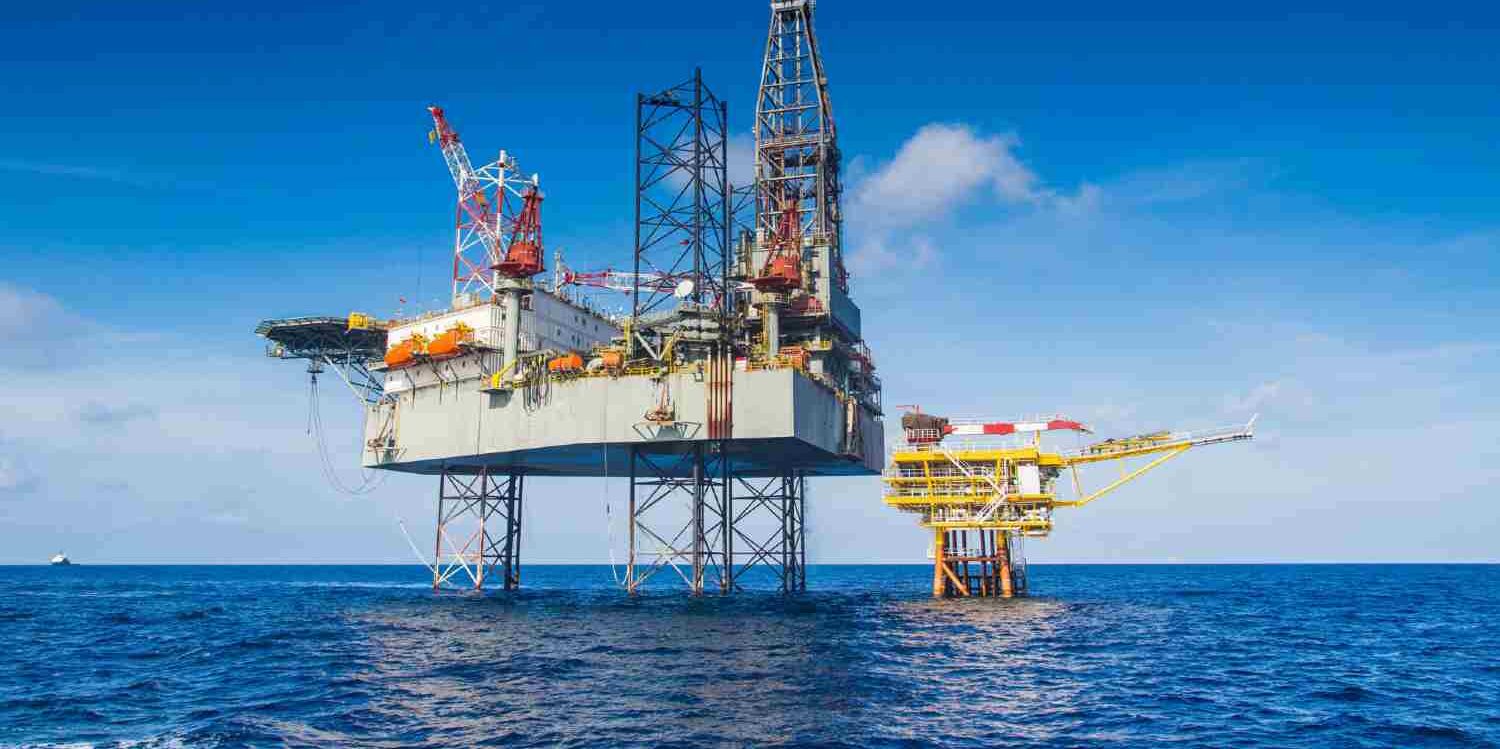Angola, as the largest oil producer in Africa, faces a significant challenge with its minor downstream industry and heavy reliance on petroleum imports, which currently account for approximately 80% of its refined petroleum products. To address this issue, the Angolan government has made increasing domestic crude processing capacity a strategic priority.
With vast proven oil reserves of over 8.2 billion barrels and abundant natural gas resources totaling 13.5 trillion cubic feet, Angola has the potential to become a regional energy hub.
To enhance the country’s refining capacity, Angola’s National Oil Company (NOC), Sonangol, has set its sights on upgrading the Luanda Refinery, the country’s only operational facility with a current capacity of 65,000 barrels per day (bpd). The refinery, operated by Fina Petroleos de Angola, falls short of meeting the domestic demand for petroleum products. In collaboration with Italian energy major Eni, Sonangol plans to invest approximately $235 million in upgrading the refinery. The upgrade will include the installation of two additional processing units and other necessary utilities and offsites. KT-Kinetics Technology has been contracted to provide engineering, procurement, and construction services for the upgrade. This investment is expected to quadruple fuel production at the Luanda Refinery to approximately 1,580,000 liters per day, resulting in a significant reduction in petroleum imports, estimated at up to 15% annually.
In parallel, Sonangol and the Angolan government have initiated the construction of three new refineries to further boost the country’s downstream capacity. The Lobito Refinery, located in the Benguela Province, will have a capacity of 200,000 bpd and is expected to begin operations in 2025. This refinery is 70% privately owned, with Sonangol holding the remaining 30% stake. The project attracted interest from various private and public sector entities following Sonangol’s call for tenders in 2021.
Another major project is the Cabinda Refinery, a $920 million facility in the Cabinda Province. This venture is a joint effort between investment management firm Gemcorp and Sonangol subsidiary Sonaref, with ownership stakes of 90% and 10% respectively. The first phase of the project, conducted at the fabrication site of oil and gas engineering service company VFuel in Houston, Texas, has been successfully completed. The Cabinda Refinery will have a refining capacity of 60,000 bpd, producing various petroleum products such as gasoline, diesel, Liquefied Petroleum Gas (LPG), fuel oil, and Jet A-1 fuel.
Additionally, Sonangol is constructing a refinery in Soyo, located in the Zaire Province of Angola, with a total investment of $3.5 billion. The project is being developed by the U.S.-led Quanten Consortium, consisting of American companies TGT, Quantent, Aurum & Sharp, and Angolan company Atis-Nebest. Construction of the refinery commenced in 2022, and production is scheduled to begin in 2024, with a processing capacity of 100,000 bpd.
To support offshore development and reduce gas flaring and greenhouse gas emissions, Angola has also invested in a Liquefied Natural Gas (LNG) storage and gas processing terminal in the Zaire Province. This terminal has a capacity of 360,000 cubic meters for LNG, LPG, and condensate processing. With an expected intake of 1 billion cubic feet per day of natural gas, the facility has the potential to supply up to 125 million standard cubic feet per day of gas to Angola’s domestic market, as well as regional and international markets. The project involves a consortium structure, with Sonangol holding a 22.8% stake, and major oil and gas companies Chevron, TotalEnergies, BP, and Eni each holding a 13.6% stake. The terminal’s construction has been carried out by U.S. companies Bechtel and ConocoPhillips, with a total investment exceeding $10 billion.
In addition to refining operations, Angola’s downstream infrastructure includes the Sonangol-owned blending unit, which supplies mineral and synthetic oils and greases to the domestic market. Furthermore, plans are underway for the construction of the Angola-Zambia Oil Pipeline, a proposed refined oil products pipeline stretching 1,400km from the Lobito Refinery to Lusaka, Zambia. Sonangol and Zambian pipeline company Baseli Balisel Resources will be involved in the pipeline’s operation.
Angola’s pipeline network also includes the Angola LNG Pipeline System, which transports gas from offshore Blocks 0, 14, 15, 17, 18, 31, and 32 to the Angola LNG Terminal. Currently approximately 500km in length, there are plans to expand the pipeline to incorporate offshore Blocks 1 and 2.
Finally, the Barra do Dande Ocean Terminal, situated 60km from Angola’s capital city of Luanda, is being developed by Brazilian conglomerate Novonor subsidiary Odebrecht Engineering & Construction. The terminal will have a storage capacity of up to 580,000m3 for petroleum derivatives such as diesel, gasoline, and 102,000m3 of LPG for the domestic market. This $499 million project will result in Angola’s largest refined products terminal.
Angola’s ambitious downstream development initiatives and investments aim to significantly enhance its domestic capacity, reduce reliance on imported petroleum products, and position the country as a key energy player in the region.
![]()




